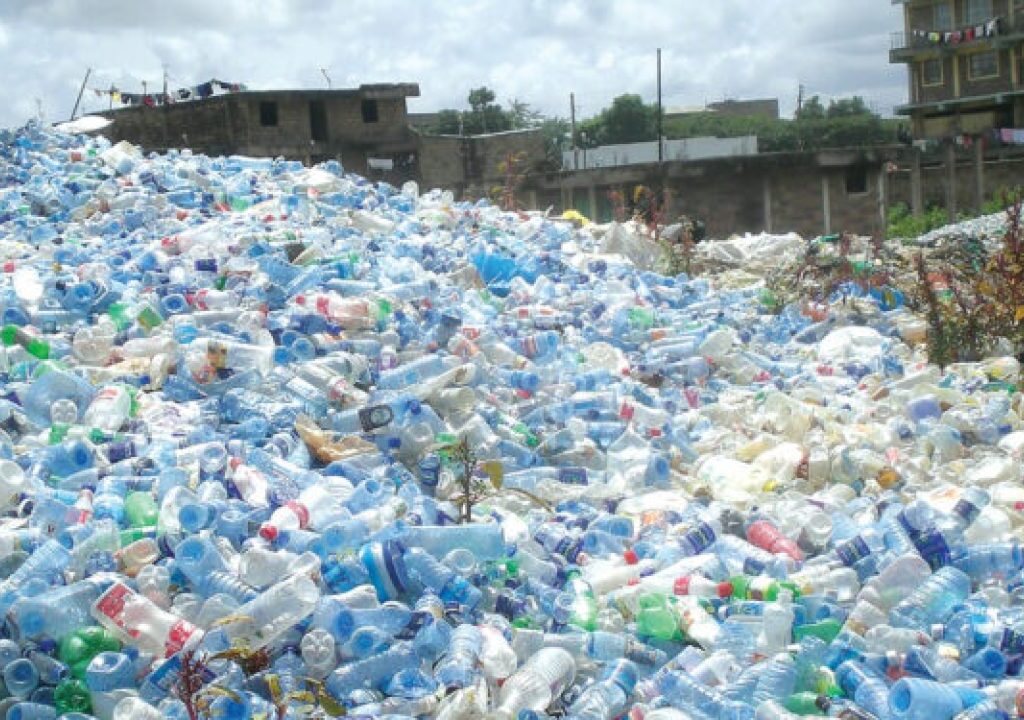
The Government of Japan on Wednesday assured it will continue to contribute to promoting the livelihood of Nigerians and sustainable plastic value chains in the country.
The country stated that there was no single nation or organisation that could solve the problem of marine plastics, stressing the importance of concerted efforts across organisations, government, and the private sector.
The assurance was given by the Japanese Embassy on Wednesday in a goodwill message delivered on behalf of its government during a “Seminar on Plastic Circular Economy with Case Studies” under the United Nations Industrial Organisation (UNIDO) project “Promoting Sustainable Plastic Value Chain Through Circular Economy Practises” in Abuja.
Japan said it considered the problem of marine plastics very serious and was pleased to be able to implement the project in Nigeria.
Recalling that it had been nearly two years since the signing and the exchange of notes regarding the implementation of the project in February 2022, the Japanese government said it was delighted to hear from UNIDO that the project was progressing well.
It further expressed appreciation to UNIDO and the Federal Ministry of Environment for their efforts in organising the event.
“Nearly two years have passed since the signing and exchange of notes regarding the implementation of the project in February 2022. We are very happy to hear from UNIDO that the project is progressing well, including the holding of steering committee meetings, awareness seminars for private citizens and businesses in Abuja and Lagos, and the preparation of a draft policy on plastic waste management.
“The Government of Japan considers the problem of marine plastics as very serious and is pleased to be able to implement this project in Nigeria. Why? Because Japan and Nigeria are very far apart in terms of distance but are connected by sea, therefore, your concern is our concern.
“There is no single nation or organisation that can solve the problem of marine plastics. It is important to have concerted efforts across organisations, including cooperation between countries, between federal and state governments, and between government and the private sector.
“The Government of Japan, along with other international partners, will continue to contribute to promoting sustainable plastic value chains in Nigeria and to the livelihood of the Nigerian people,” it said.
Speaking also at the conference, the regional coordinator of UNIDO, Mr Jean Bakole, disclosed that consumption of plastic has exponentially increased from over 500,000 metric tons annually to about 1.2 million metric tons.
This, he said, if not tackled and effectively managed, would be a big problem, not only for Nigeria but for the neighbouring countries.
Earlier in its opening remarks, the Federal Ministry of Environment stated it was important to study what other countries were doing in terms of circular economy practices in plastics management to adopt areas that can apply to our local and national scenarios.


